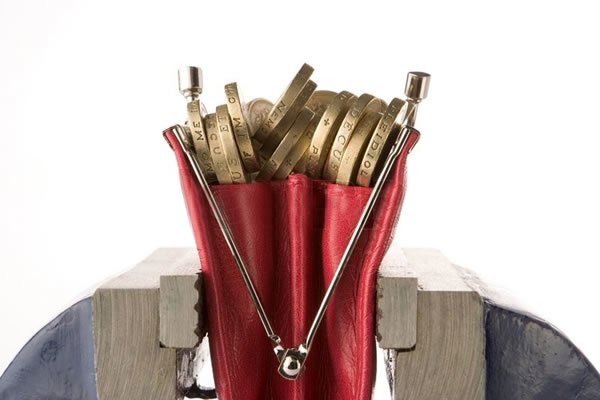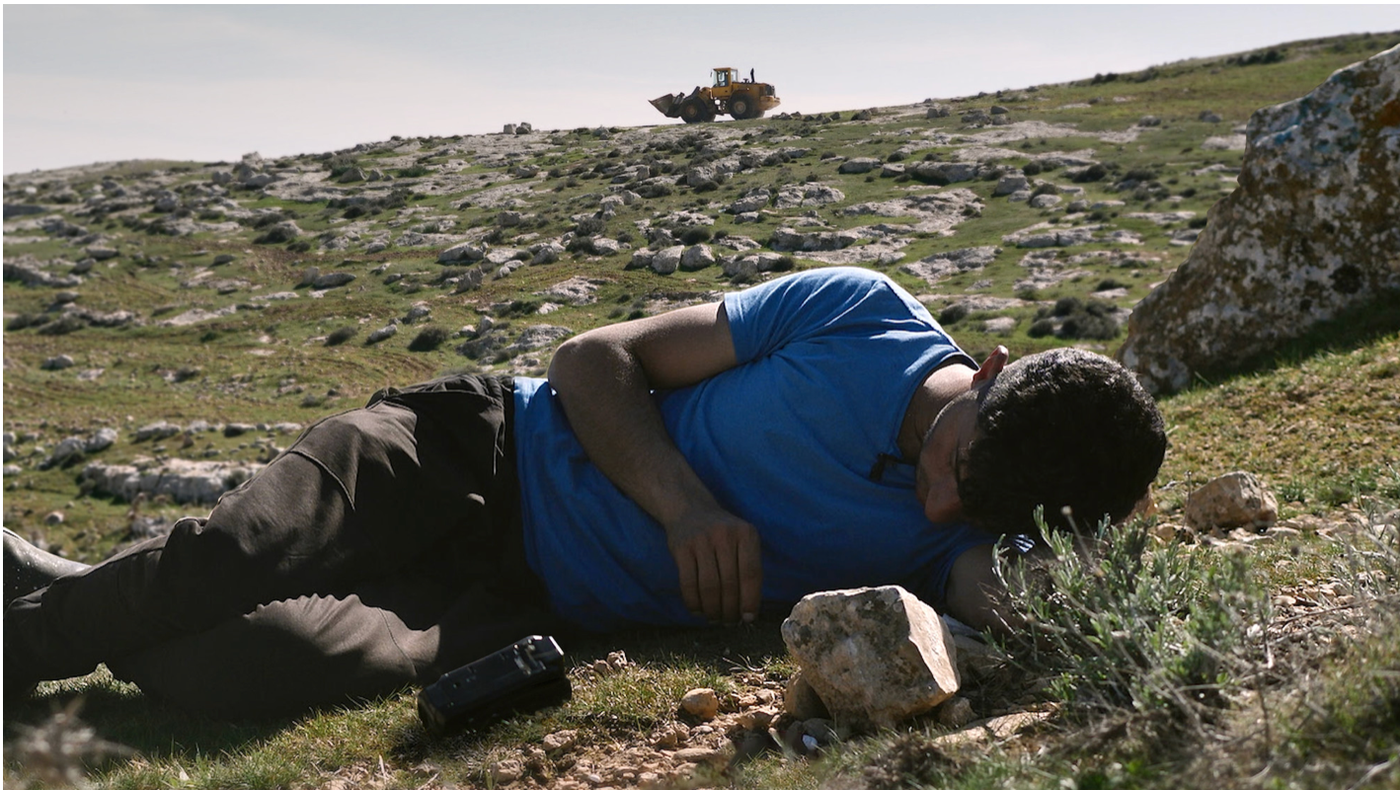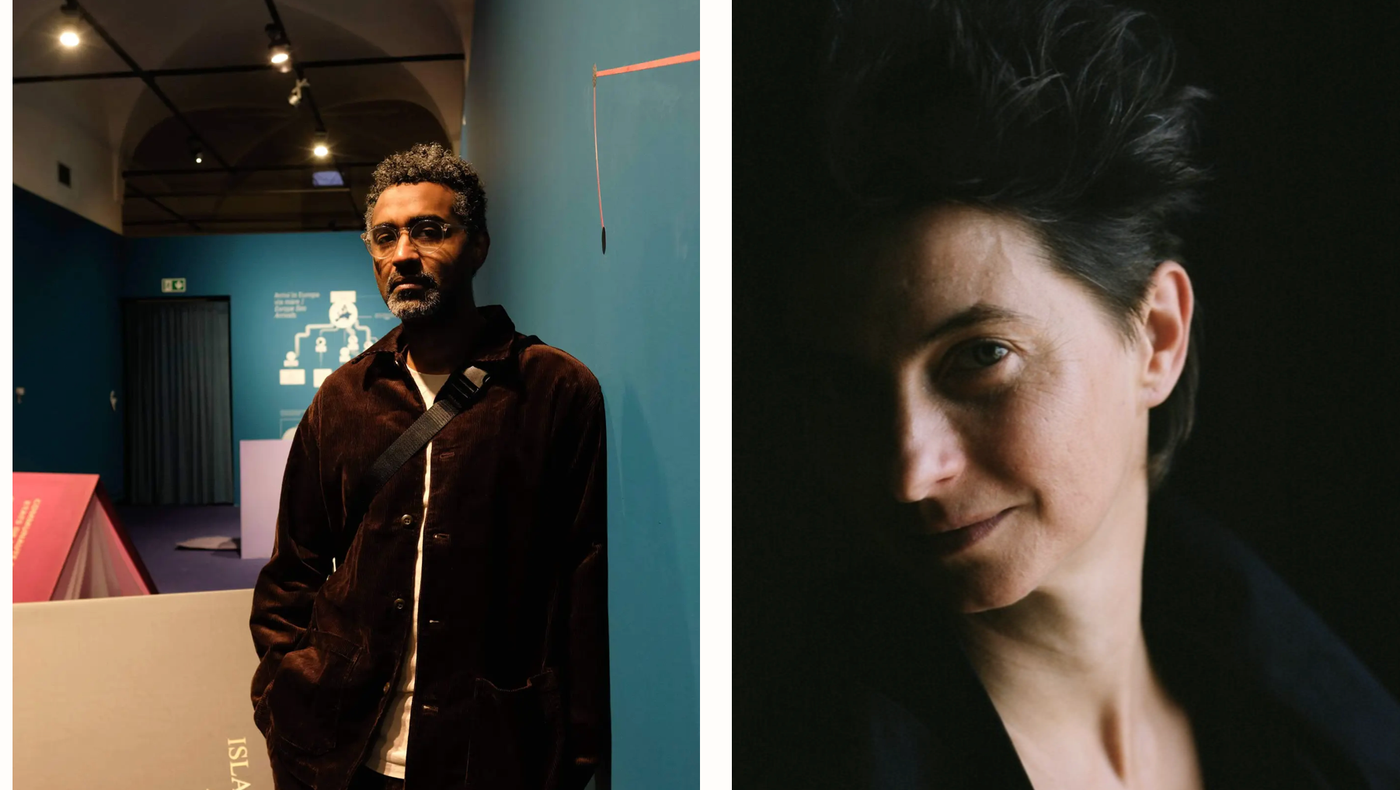The Political Economy after the Financial Crisis
In the autumn of 2008, the financial crisis led French president Sarkozy to declare that it is high time to redefine capitalism, while Queen Elizabeth asked why no economists saw the crisis coming. A year later, the stock exchanges are embarking on an insipient recovery, but the questions about the cause of the crisis and the future of the market economy remain.
The Freedom of Expression Foundation and the Norwegian Polytechnic Society invite the public to a series of debate meetings: ”Economists and the financial crisis”, ”Global shifts of power”, “New deal or steady course?” on Tuesdays, 6, 13 and 20 October 2009 from 7 to 9 p.m. at the House of Literature at Wergelandsveien 29, Oslo. Pre-registration
First meeting: Tuesday, 6 October
Economists and the financial crisis
When the financial crisis exploded in the autumn of 2008, economic theory and especially liberal market politics were put through the ringer. What of the classics and the neoclassics after the crisis?
Lecture: Victor Norman, professor of Economy, Norwegian School of Economics and Business Administration
Panel:
Einar Lie, professor of Economic History, University of Oslo
Sofie Mathiassen, political editor of the financial daily Dagens Næringsliv (newspaper)
Moderator: Maria Reinertsen, Morgenbladet (newspaper)
Second meeting: Tuesday, 13 October
Global shifts of power
Debate on shifts of power between state and market, labour and capital, the West and the rest, nations and supranational agencies in the wake of the financial crisis.
Presentations and panel discussion featuring:
Erik Reinert, professor at the University of Tallin and member of the Financial Crisis Committee
Martin E. Sandbu, economics editorial writer for the Financial Times and professor at the Wharton School of Business
Sten Inge Jørgensen, journalist in Morgenbladet, author of Vesten mister grepet (The West is losing its grip)
Moderator: Maria Reinertsen, Morgenbladet (newspaper)
Third meeting: Tuesday, 20 October
“New deal” or “a steady course”?
What has Norway learned from the financial crisis? In contrast to the stock market crash of 1929, in the autumn of 2008, the credit crunch triggered neither a wave of bankruptcies in the bank sector nor mass unemployment.
Does this indicate that, despite it all, we have already organised the economy well enough and can simply continue as before? Or should experience gained from the crisis lead us on a quest for a more sustainable society?
Kalle Moene, professor of Socio-economics at the University of Oslo, head of the Centre of Equality, Social Organization, and Performance (ESOP)
Elisabeth Holvik, chief economist in the Sparebank Group
Ådne Cappelen, research director at Statistics Norway
Camilla Bakken Øvald, initiator of the Radical Economy Network
Torbjørn Røe Isaksen, editor of Minerva, author of Høyre om! (To the right, face!)
Magnus Engen Marsdal, chair of the Board of the think tank Manifest, author of FrP-koden (The Party of Progress Code)
Moderator: Maria Reinertsen, Morgenbladet (newspaper)




